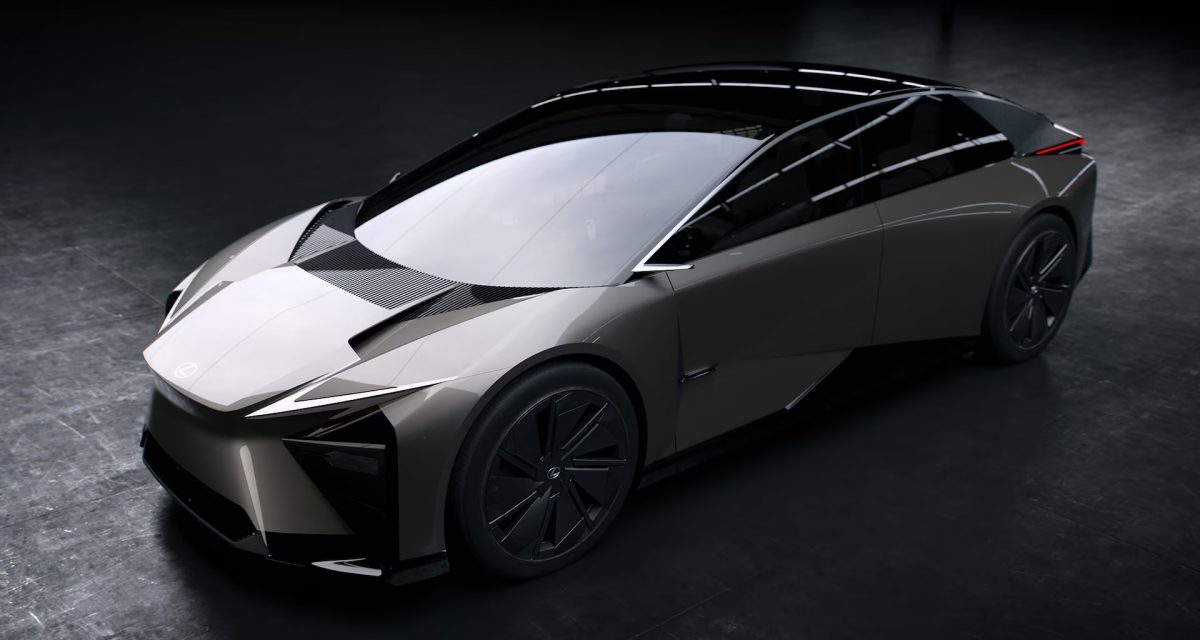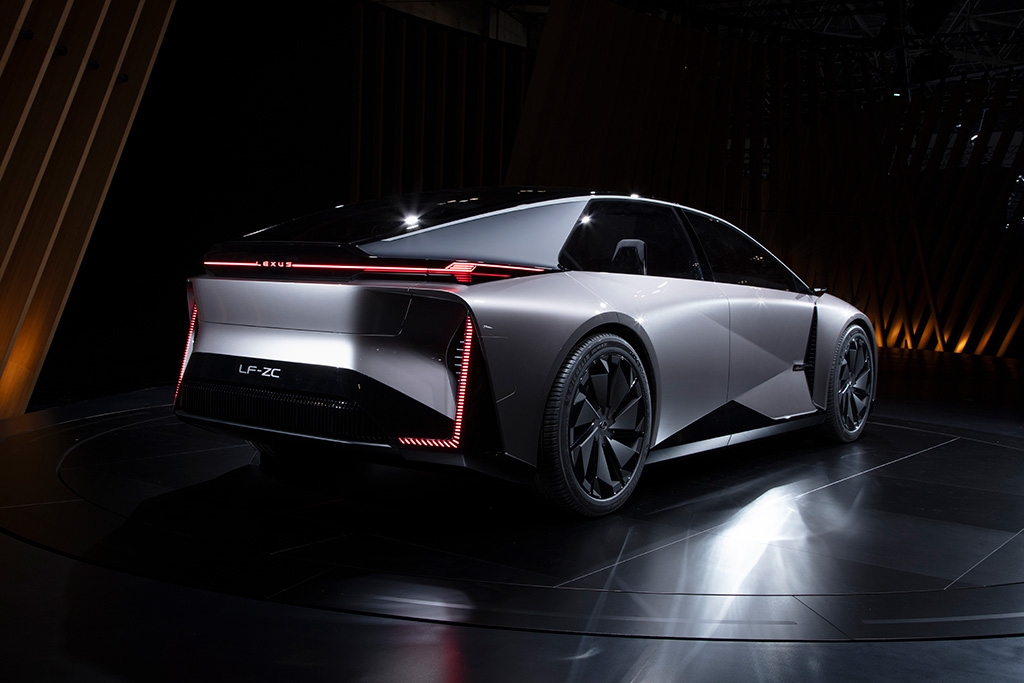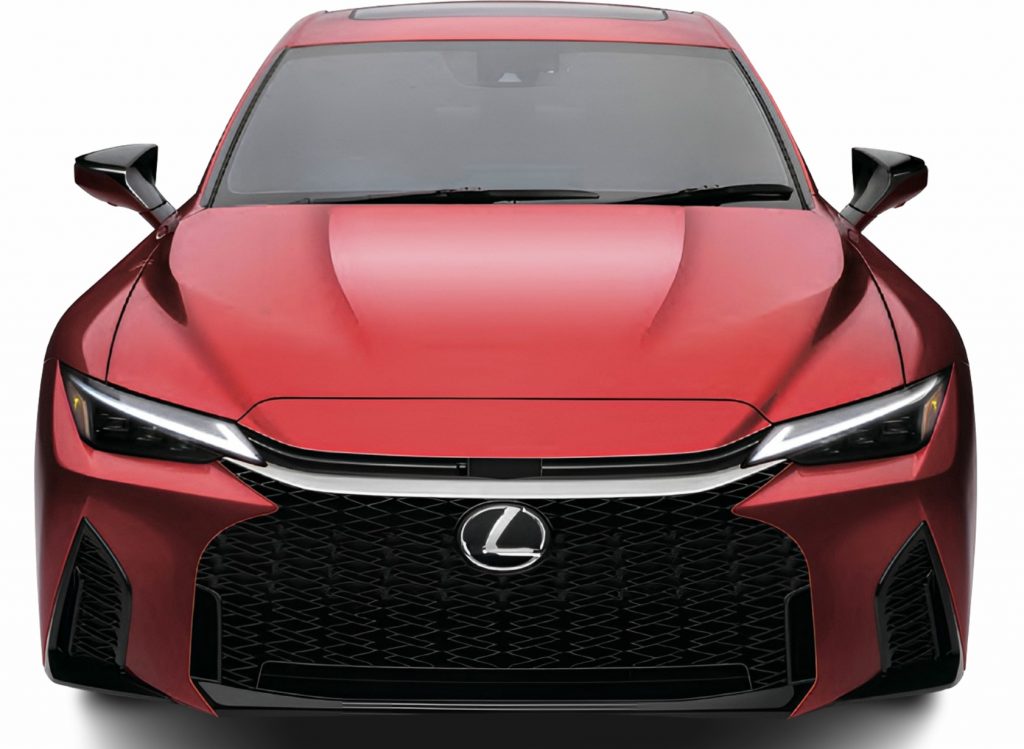NHK reports that Toyota Motor Corporation will delay the production schedule for its next-generation electric vehicles in an effort to integrate cutting-edge technologies into the new models. Japan’s biggest car manufacturer now aims to begin production of the next-generation Lexus EV (LF-ZC) in mid-2027, pushing back the original target of a 2026 launch.
Unveiled last year, the Lexus LF-ZC is a concept car previewing the brand’s future battery electric vehicle (BEV) lineup. The name “LF-ZC” stands for “Lexus Future Zero-emission Concept” and it represents the brand’s vision of next-generation BEVs, emphasizing cutting-edge technology, sustainability, and innovative design.
LF-ZC Key Features
-
1. Design and Aerodynamics: The LF-ZC features a sleek, low-profile design with a focus on aerodynamics, achieving a drag coefficient (Cd) of approximately 0.2. Its “spindle body” design integrates functional elements like air intakes and outlets for optimized efficiency.
- Equipped with the innovative Arene OS, which allows drivers to customize performance, handling, and sound settings.
- Features Steer-by-Wire technology and Over-The-Air (OTA) updates for continuous improvement.
- Incorporates the AI-powered “Butler” system to personalize settings based on user habits and preferences.
- Utilizes next-generation prismatic high-performance batteries, offering a range nearly double that of conventional BEVs.
- Lightweight materials and a low battery placement improve handling and stability.
- Gigacasting is used for modular body construction, enhancing rigidity and allowing rapid integration of new technologies.
- A self-driving assembly line reduces costs and enables flexible manufacturing.
2. Advanced Technology:
3. Performance:
4. Production Innovations:
Extended Lifecycles for Current Models as Lexus Waits for New BEVs
Toyota’s decision to delay production of its next-generation BEVs, including the Lexus LF-ZC, may create opportunities for certain models in its lineup to receive refreshes or updates to prolong their lifecycles. One such rumor has been from Mag-X indicating that the Lexus IS would receive yet another refresh for the 2026 model year.
The Lexus LS is already long in the tooth with minimal updates over its lifecycle, and we know the ES is preparing for the 8th generation of the midsize sedan. Can Lexus squeeze more life out of these sedans as next-generation BEVs are delayed?
Grappling with shifting consumer tastes and finite R&D resources, Toyota’s struggles with BEVs are not unique among manufacturers trying to balance current demand with future development opportunities. Even then, the state of Lexus’ aging sedan lineup with further delays for upcoming BEVs is concerning.




